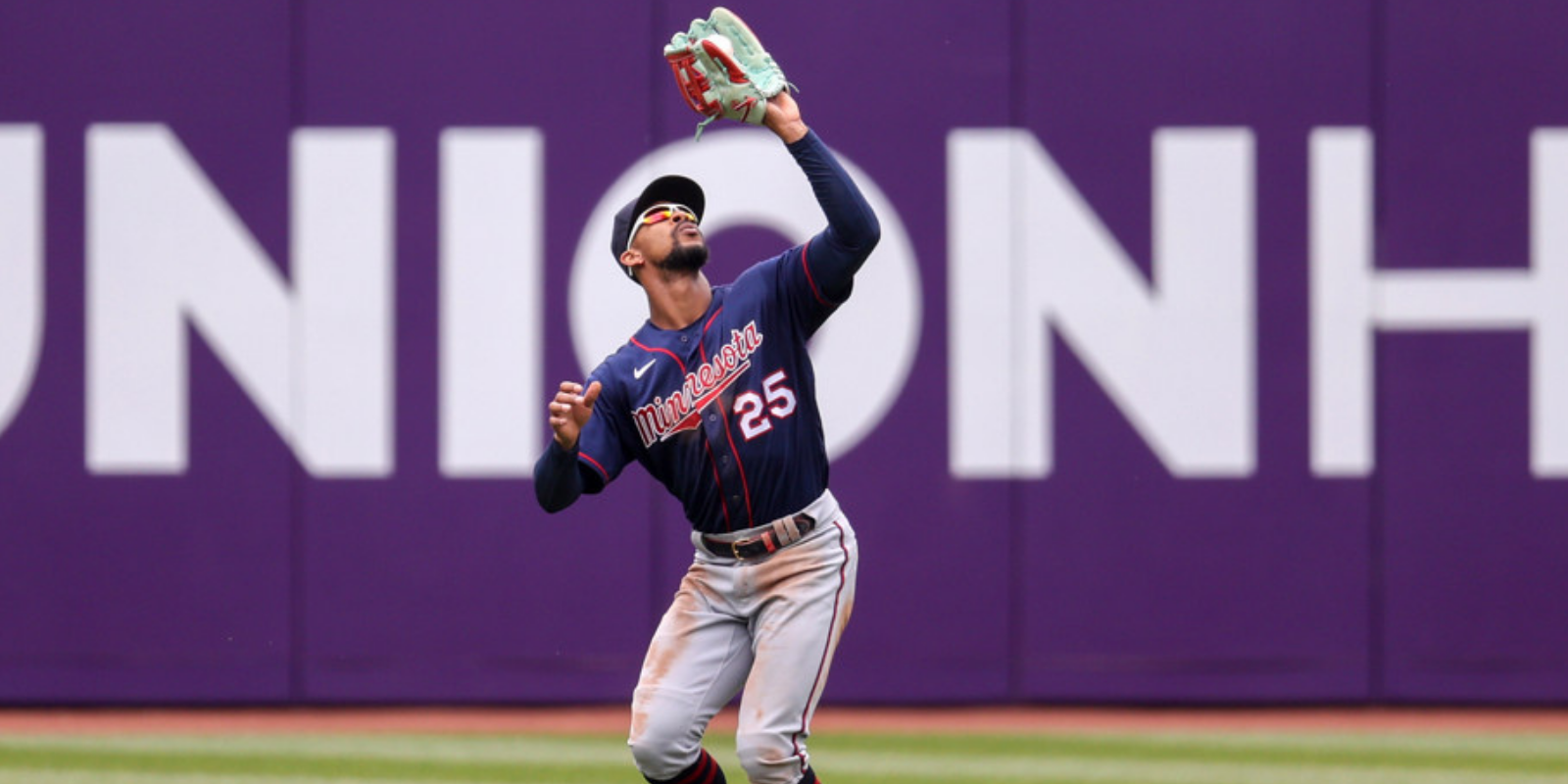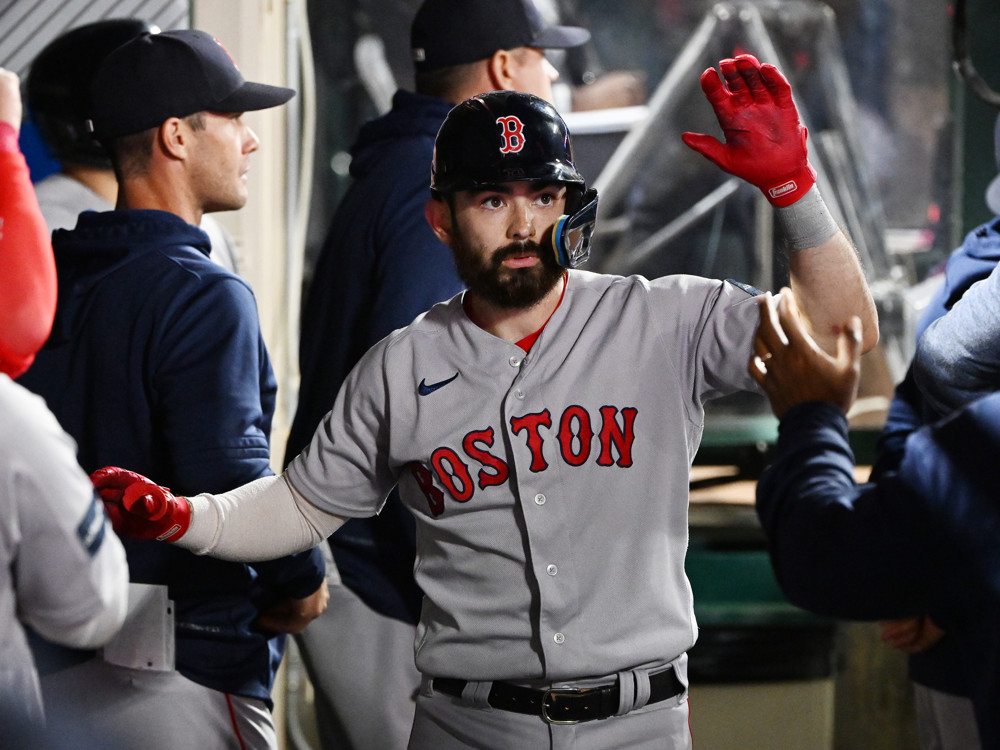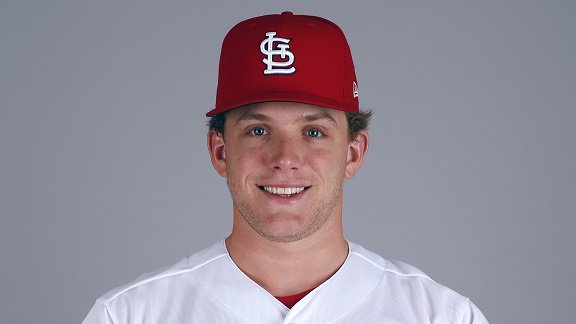By MARK SIMON
We covered the best defensive players of the 21st century in a series of articles (and Twitter polls) the last two weeks. But what about trying to figure out which was the best defensive team?
Doing this with Defensive Runs Saved tends to slant the choices to the last four seasons. That may be due to the increase in awareness about the importance of defensive positioning as much as anything else. So to be fair, we limited our choices in those years to four in total in the interests of giving some other excellent defensive teams their due.
One thing that was challenging was how to handle the idea of a late-season call-up (Andrelton Simmons for example) who stood out. Do we weigh the team’s performance based solely on when he played or do we consider the year in its entirety for better or worse? We pose the question for you to consider.
Here’s our list, based on a combination of stats and general observation. Rather than rank them, we’ll list them in reverse chronological order (try ranking teams against each other – it’s really hard!) The links take you to available highlights of the team’s defensive play found on YouTube.
2019 Dodgers
The Dodgers led the majors in Defensive Runs Saved on the strength of their positional versatility. Cody Bellinger became the first player to win two Fielding Bible Awards in a season, as he tied for the MLB lead in Runs Saved in right field and played a solid center field and first base.
Max Muncy filled in ably at three positions, including a stellar stint at third base when Justin Turner got injured. Kiké Hernández played a Gold Glove-caliber second base (13 Runs Saved) but also got time across the outfield and infield. Joc Pedersen saved six runs at each outfield spot. Alex Verdugo saved eight between right field and center field.
That this Diamondbacks team finished over .500 was a tribute to how good their defense was. They have the single-season record for Defensive Runs Saved (148) dating to 2003, the first season for which the stat is tracked. Nick Ahmed led all shortstops in Runs Saved with 30 and just missed winning a Fielding Bible Award (he’d win one in 2019).
Teammate Jeff Mathis did win a Fielding Bible Award behind the plate, which was impressive in that he only played 63 games. But he finished with an MLB-high 20 Runs Saved there, a dominant performance too good to ignore. Mathis’ fellow catchers, John Ryan Murphy and Alex Avila, combined to save 11 more runs in their time share. Ahmed was part of a very strong infield highlighted by second baseman Ketel Marte (12 Runs Saved) and first baseman Paul Goldschmidt (11).
The Red Sox got knocked out of the postseason by the Astros in the ALDS, but this laid the groundwork for the World Series win the following season. This team had an outstanding outfield, with three players at their best in Mookie Betts (MLB-leading 30 Runs Saved), Jackie Bradley Jr. (15) and Andrew Benintendi (12). They also had Dustin Pedroia at the end of his run of excellence at second base. He saved eight runs in 98 games and along with Mitch Moreland (9 Runs Saved) made a very formidable right side of the infield.
But perhaps the most underrated aspect of this Red Sox team was how good its catchers were. Sandy Leon (15 Runs Saved) and Christian Vazquez (10) formed as good a defensive tandem as there was in baseball with each ranking among the top pitch framers in the game.
The first Cubs team to win a World Series since 1908 was an excellent defensive team, getting at least 10 Runs Saved from five different positions (pitcher, catcher, first base, shortstop, and right field). Anthony Rizzo (first base) and Javier Baez (multi-position) won Fielding Bible Awards, Jason Heyward (third in right field), Kris Bryant (third at multi-position) and Addison Russell (fourth at shortstop) also placed high in Fielding Bible voting. The Cubs were the best team in the majors when it came to turning ground balls into outs. And it was a ground ball on which Bryant made the play that ended their championship drought.
This is a Braves team with a great outfield, featuring Jason Heyward in right field (17 Runs Saved, which ranked second in MLB), Michael Bourn in center field (MLB-leading 23), and Martin Prado in left field (11, second) regularly. This was also the debut season for all-world shortstop Andrelton Simmons, who saved 19 runs in only 49 games.
Consider too that one of their alternatives, Tyler Pastornicky, cost the team 16 runs in 47 games there, making Simmons all the more valuable. Props also to catcher Brian McCann, whose 13 Runs Saved behind the plate were a career high.
The World Series-winning Phillies team led the majors with 76 Runs Saved, 58 of which came from second baseman Chase Utley (whose 30 are tied for the most in a season at the position), shortstop Jimmy Rollins (MLB-best 18) and center fielder Shane Victorino (10). This is one of the best teams to point to if you’re going to talk about defensive strength up the middle. And it’s not the only Phillies team in this era to make the list.
2005 Phillies
This Phillies team just missed the postseason, but their defense was superb. In fact, they had the most Runs Saved (97) of any team in the first 10 seasons that the stat tracks (2003-2012) The Phillies got a combined 85 of those Runs Saved from their infielders.
Second baseman Chase Utley and shortstop Jimmy Rollins led the way with 20 and 18 Runs Saved, respectively. David Bell (17 Runs Saved) and Ryan Howard (11) were strong at the infield corners (Howard wasn’t typically this good). What keeps this team from the very top was a couple of weak spots – Bobby Abreu in right field (-9) and Mike Lieberthal (-12) behind the plate).
2005 Cardinals
You could pick a number of Cardinals teams from the mid-2000s. This one was pretty good from a statistical perspective, especially on the infield where second baseman Mark Grudzielanek saved 23 runs (second-most at the position that season), a total matched by the Cardinals primary third basemen, Scott Rolen (14 in only 56 games after saving 30 the year before) and Abraham Nunez (9). Albert Pujols (13) was solid at first base and Yadier Molina (13) was his usual excellent self behind the plate.
This team predates Defensive Runs Saved by a year, so we’re relying on Sean Smith’s Total Zone Runs Saved (a worthy predecessor or companion to our stat) and our recollections.
The Angels got an all-timer of a year from center fielder Darin Erstad, who recorded 39 Runs Saved (we’re willing to believe in that given that Erstad won a Gold Glove at two positions and had a reputation for excellence). They also had four players in their primes record at least 10 Runs Saved (Garret Anderson, Adam Kennedy, David Eckstein, and Bengie Molina). Troy Glaus also saved seven runs at third base, a spot where he had a stellar rep.
Perhaps most notably, the Angels didn’t have any position players who could damage a defense. Only one (infielder Jose Nieves) cost the team more than one run in defensive value
2001 Mariners
It would be hard to win 116 games without being an elite defensive team, unless you scored an absurd number of runs or struck out a ridiculous number of hitters. The Mariners had six players record at least 10 Runs Saved per Total Zone Runs. Third baseman David Bell led the way with 19. Ichiro Suzuki in his rookie season ranked second with 15. Bret Boone (12), Mike Cameron (11), Carlos Guillen (10) and 37-year-old outfielder Stan Javier (10) each were dynamic on defense. And let’s not forget slick-fielding first baseman John Olerud, who finished with seven Runs Saved.
Did we miss anyone? We’re guessing you think we did. Share your thoughts in the comments or on Twitter.



